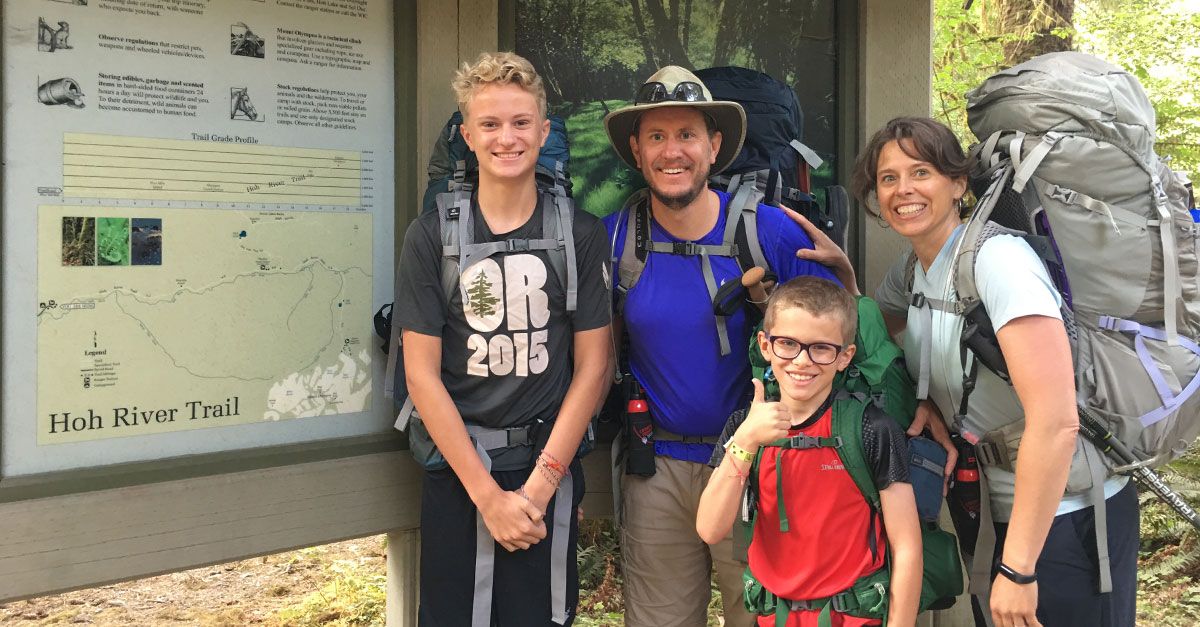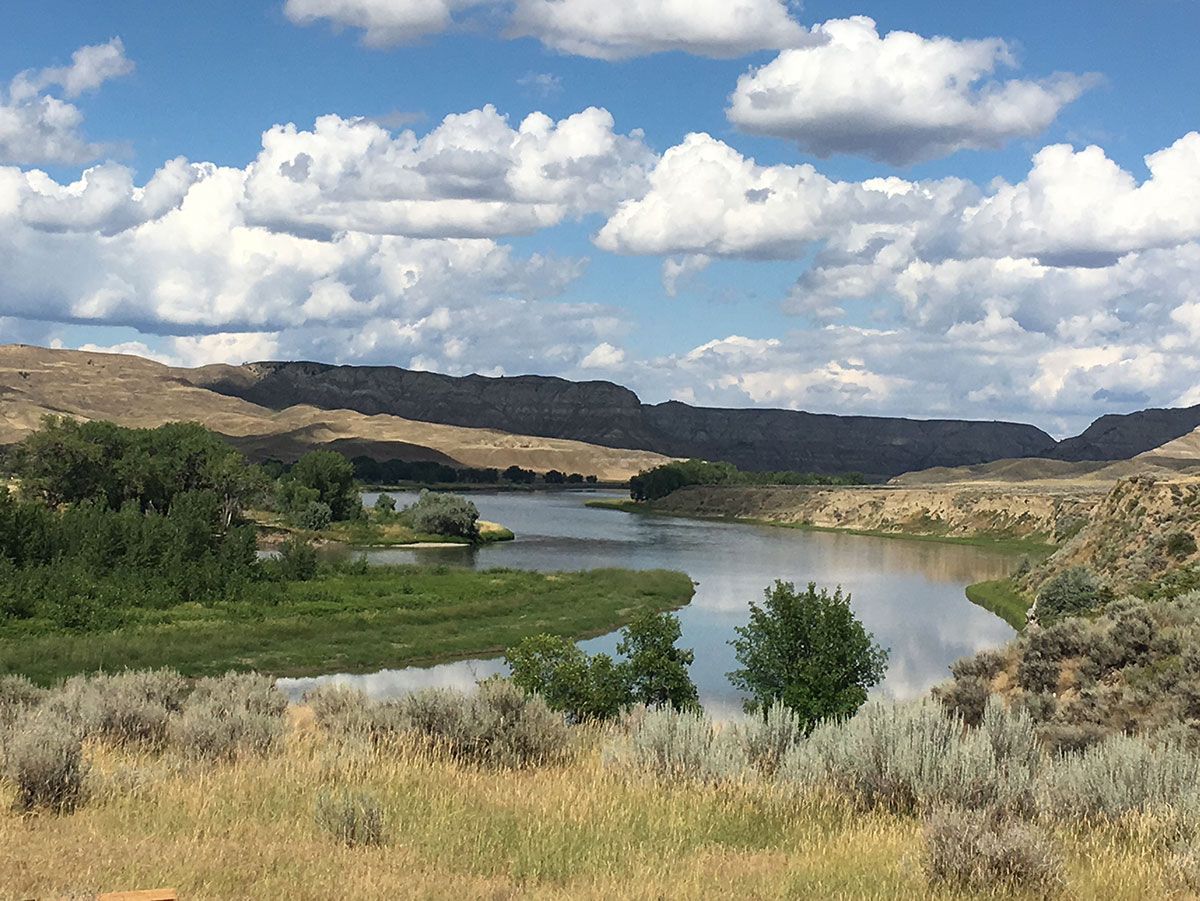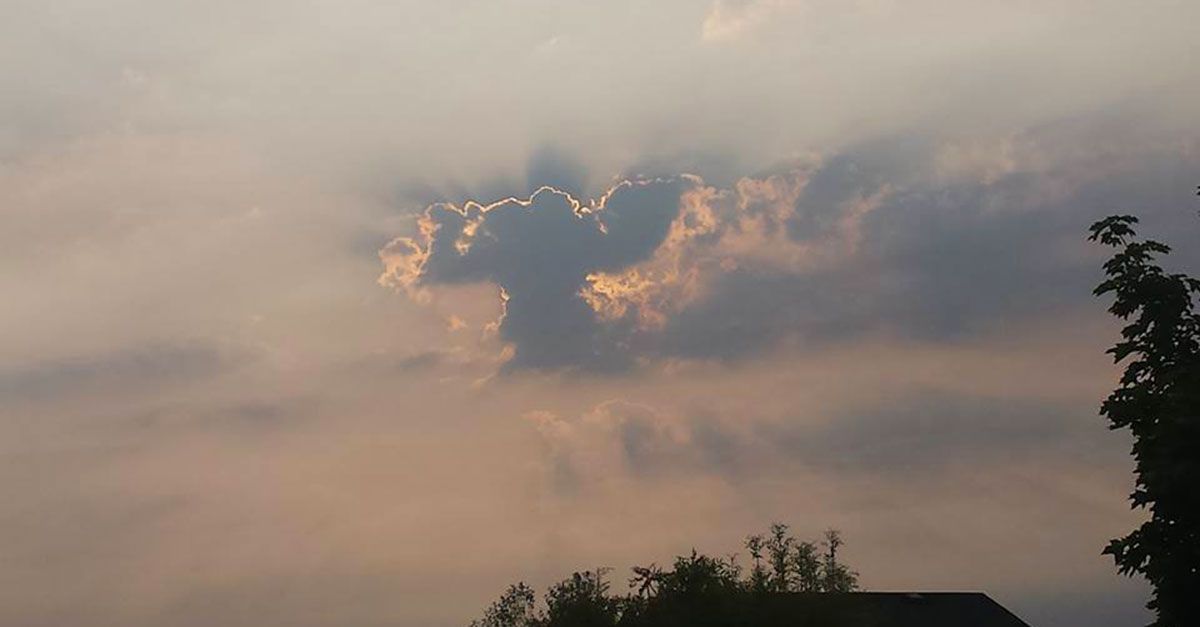On Being Fully Human
CrossOver reflection for Week 41 • Beginning September 15, 2019
We Make the Road by Walking, Chapter 2
By Rev. Erin Martin
The family backpacking trip has become a summer ritual. Our sons, Elijah and Rowan, don’t always love it, hiking in the woods for 30-40 miles over a few days. Inevitably, my oldest will groan, “Why can’t we vacation like normal families?” and by that, he means Disneyland. But there is something incredibly simple about carrying what I need with me, nothing more nothing less, and walking out into the wilderness. Without fail, the first night under the trees, by a rushing stream, or at the base of a mountain, I can feel the stress of life begin to melt from my body. I feel myself becoming fully human again.
Let’s face it. Being human, these days feels especially hard. I am easily overwhelmed by the “gloom and doom” of the daily headlines — increased gun violence, climate degradation, political turmoil. I find myself clenching and shrinking over the “not good” of human activity that Brian McLaren explains so clearly in Chapter 2 of We Make the Road by Walking. In this chapter, McLaren traces human rebellion to an original wilderness and our first decision to “play God.”
I see it unfold in myself every day, the temptation to judge others, to define myself over and against other people. I experience it in the created order that can lead us all toward the seemingly inevitable way of increased hostility and violence. McLaren, however, urges us to remember that human judgment is always a choice. We can balance our bent toward rebellion with the truth of our place in God’s original blessing of creation.
McLaren invites us to change our posture by opening up our hands toward embrace. We can become fully human when we daily take into ourselves the refrain of God’s first sacred litany, “light-good, seas-good, animals-good, humankind-very good.” As an image-bearer of God, I can choose to participate in the reciprocal energy of giving and receiving blessing with others and with all creation.
Recently, Native American spirituality has been increasingly informing my understanding of the interconnectedness of all things, trees- breath, oceans- rhythm, land- provision, humankind- family. Disconnected from other people and the created order, I will be only partially human. Connected to others and to all creation, I become whole.
What about you? How do you become more fully human?
Rev. Erin Martin serves as Superintendent for the Columbia District in the Oregon-Idaho Annual Conference of The United Methodist Church.










